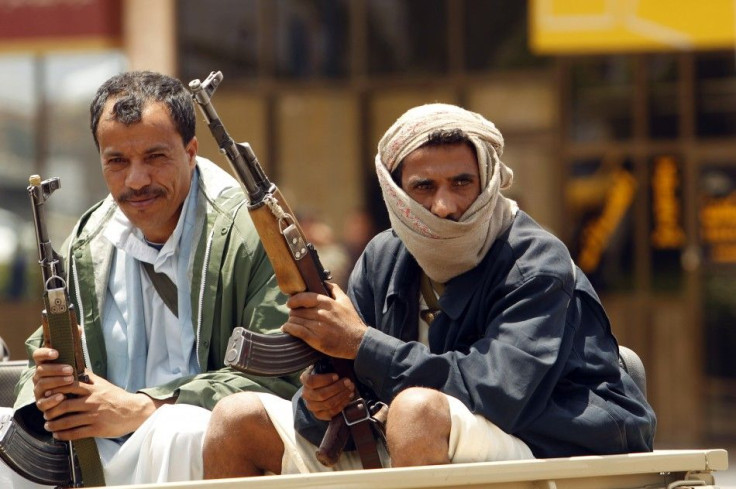Yemen Battles Al Qaeda; Dozens More Dead

The Yemeni government continued to battle an al-Qaeda insurgency in the south of the country on Wednesday, killing at least 30 militants on the third consecutive day of fighting.
The total death toll has risen close to 160 since clashes began near the town of Lawdar on Monday. Yemeni troops reportedly destroyed a number of al-Qaeda check points in the area, as well as killed two of the group's senior leaders, identified as Imad al-Manshaby and Ahmed Mohammed Taher.
The battle of Lawdar is considered a decisive one for the army against the terrorist groups and a prelude to the cleansing of all towns seized by militants in the province of Abyan, a senior government official told Reuters.
Al-Qaeda has always had a strong presence in Yemen, but with the country in transition after President Ali Abdullah Saleh's February resignation, the terrorist group has launched a fresh campaign for land and power.
In Lawder and other cities in the Abyan province, residents have taken up arms to protect themselves and others have joined up with government forces. Locals were successful in driving out al-Qaeda in July, but the insurgents began a strong counter-push in January.
The goal of al-Qaeda is to take over our city, but our goal is keep them out, leader of Lawder's civilian committee, Mohammed Aydroos, told the Associated Press on Wednesday. We burnt three of their cars and killed many of their fighters.
For years, President Saleh received funding from the United States to combat the al-Qaeda surge in his country. During his 33 years in power, Saleh had successfully quelled militant and tribal tensions through a combination of treaties, alliances and military action. In his absence, however, the south has plunged into a near-lawless state.
Since taking office earlier this year, Yemen's new President Abd-Rabbu Mansour Hadi has vowed to crush al Qaeda and its affiliates.
© Copyright IBTimes 2024. All rights reserved.





















